Evaluation of the SPRAR projects managed by ARCI Toscana
Evaluation of SPRAR projects for refugees and asylum seekers managed by ARCI Toscana in the territory in terms of impact on the path of the beneficiaries and the host communities
Location Tuscany
Duration 2018 – 2019
Project Evaluation of SPRAR projects managed by ARCI Toscana
Funding Regional Committee ARCI Toscana
Context
The consistent flow of asylum seekers arriving in Italy in the three-year period – 2014-2016 – has highlighted the absence of a uniform and structured reception system at national level. Landings on Italian coasts increased to reach 170.00 arrivals in 2014, 150,000 in 2015 and a peak of 180,000 in 2016. Subsequently, due to regulatory modifications and changes in the international context, landings steadily decreased to reach 23,000 arrivals in 2018.
The migratory pressure and the regulatory gaps compelled the choice of a system of emergency reception on the whole national territory. The incoming flows of people were therefore divided between Extraordinary Reception Centers (CAS), Reception Centers for Asylum Seekers (CARA) and the Protection System of Asylum Seekers and Refugees (SPRAR).
There are today a total of 875 SPRAR projects, with the ownership of 746 local authorities and the involvement of more than 1,800 municipalities that received funds from the Ministry of the Interior to deal directly with reception. In 2018, the reception places in the SPRAR system were 35,881 for 31,647 asylum seekers and holders of international protection, 3,500 unaccompanied minors and 734 people with mental problems. However, 70% of the people who submitted asylum requests are still housed in CAS, thus distributed in apartments, hotels, warehouses and former barracks, or in CARAs.
General Objective
To enhance the work carried out by the SPRAR system, the Regional Committee of ARCI Toscana decided to evaluate some SPRAR projects in Tuscany in terms of impact they have on the path of beneficiaries towards integration in host communities, trying to examine in depth the relationship with the networks of local actors involved in each project.
Our contribution
ARCI Toscana and ARCO Researchers have identified 5 SPRAR territorial projects and involved in the evaluation local entities that are leaders of these projects, namely: the Alta Val d’Elsa Health Society, the Province of Arezzo, the Municipality of Pontassieve, the Municipality of Rosignano and the Municipality of the Municipalities of the Valdera.
The analysis began with an in-depth work that allowed the involvement, through semi-structured individual and collective interviews and participatory mapping of local entities and multidisciplinary teams of the projects and subsequently of representatives of the local entities and beneficiaries of the SPRAR projects themselves.
This process allowed the ARCO Researchers of the Local Development and Inclusive Development Units to have a greater understanding of the operation of each project and to focus on the relationship between the same projects and the host territory.
Each of the analyzed contexts has specific characteristics that guarantee the beneficiary different opportunities in terms of training, job placement and housing arrangements after leaving the SPRAR system. In spite of the difficulties encountered by the different teams of each prject especially in structuring individualized paths that guarantee beneficiaries the achievement of a sufficient level of autonomy in a short term period, the SPRAR system proves to be capable of activating inclusion and integration paths of the beneficiaries in the analyzed cases.
The SPRAR system, despite the limitations it is facing, seems to be the best option to welcome and integrate asylum seekers and holders of international protection on the territory. ARCI Toscana thinks it is necessary to produce empirical evidence on this type of model.
Read more on our Local Development Unit
Related Projects
-

Betting on the Future: Youth and Territory in the Empolese Valdelsa Municipalities
-
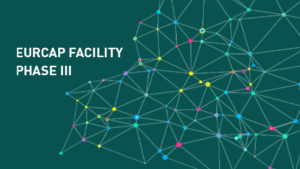
Capacity Building European Facility for the Readmission of Migrants – EURCAP, Final Evaluation
-
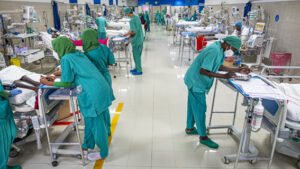
Final evaluation and SROI analysis of the project to train health personnel at the Salam Centre in Khartoum
-
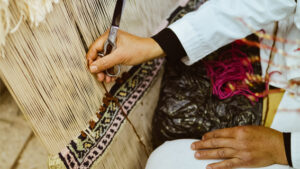
Action-research to foster the employment inclusion of persons with disabilities in Tunisia
-
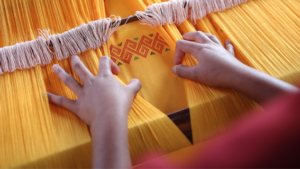
What Women Want: women’s empowerment and aspirations in MENA countries.
-

Exploratory research on accessibility of health services in Mozambique
-

Action-Research to foster labour accessibility for young people with disabilities in Kenya
-
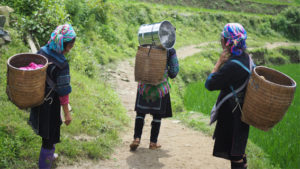
Evaluation of the project that aims to improve the health of the most vulnerable in Myanmar
-
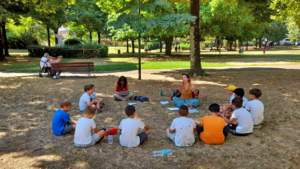
Action-Research for the Global Boyhood Initiative on stereotypes, gender roles and bullying
-
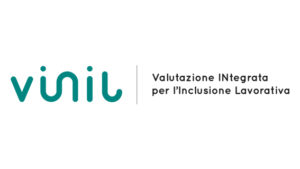
VINIL – employability assessment for persons with disabilities
-

Food Wave, Monitoring the project that promotes sustainable food consumption among young Europeans
-
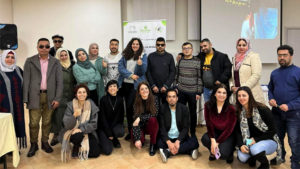
Nothing About Us Without Us: Emancipatory Research and Strategic Plan on disability in Palestine
-

Monitoring and evaluation of the participatory processes of Cantieri della Salute in Tuscany
-

Market analysis to foster employment of young people in Mali
-
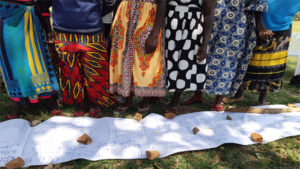
Action – Research to foster community health insurance for women in Sédhiou, Senegal
-
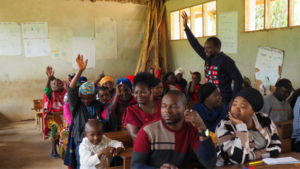
No One Left Behind: an Emancipatory Research for young people with disabilities in Tanzania
-
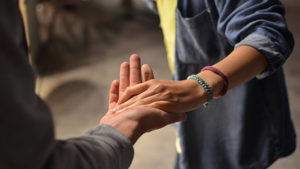
Social Board a model to contrast social exclusion, the case of Prato
-
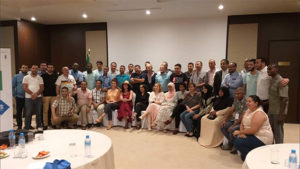
CapDeL: Incubation process for associative projects in Algeria
-

CapDeL: la ricerca al servizio dello sviluppo locale sostenibile in Algeria
-
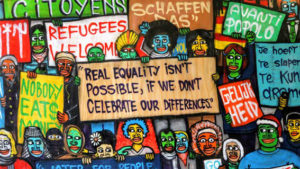
Evaluation of the SPRAR projects managed by ARCI Toscana
-
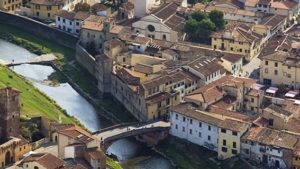
Need assessment to foster social inclusion in Tuscany
-
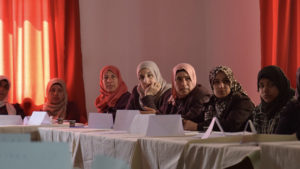
Promoting inclusive business and social entrepreneurship in Palestine
-
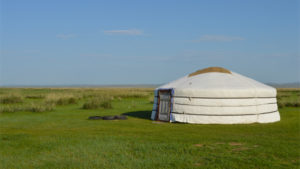
Final Evaluation of CBR Programme on disability and rights of persons with disabilities in Mongolia
-
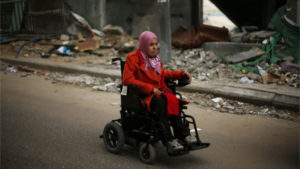
Emancipatory Research as a participatory approach to foster inclusion of women with disabilities in Palestine
-
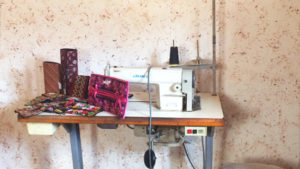
Research and consultancy for the inclusion of women with disabilities in the Gaza Strip
-
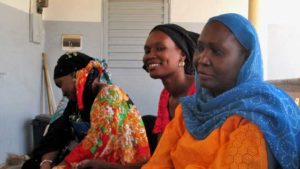
Action-Research for gender mainstreaming development in Senegal